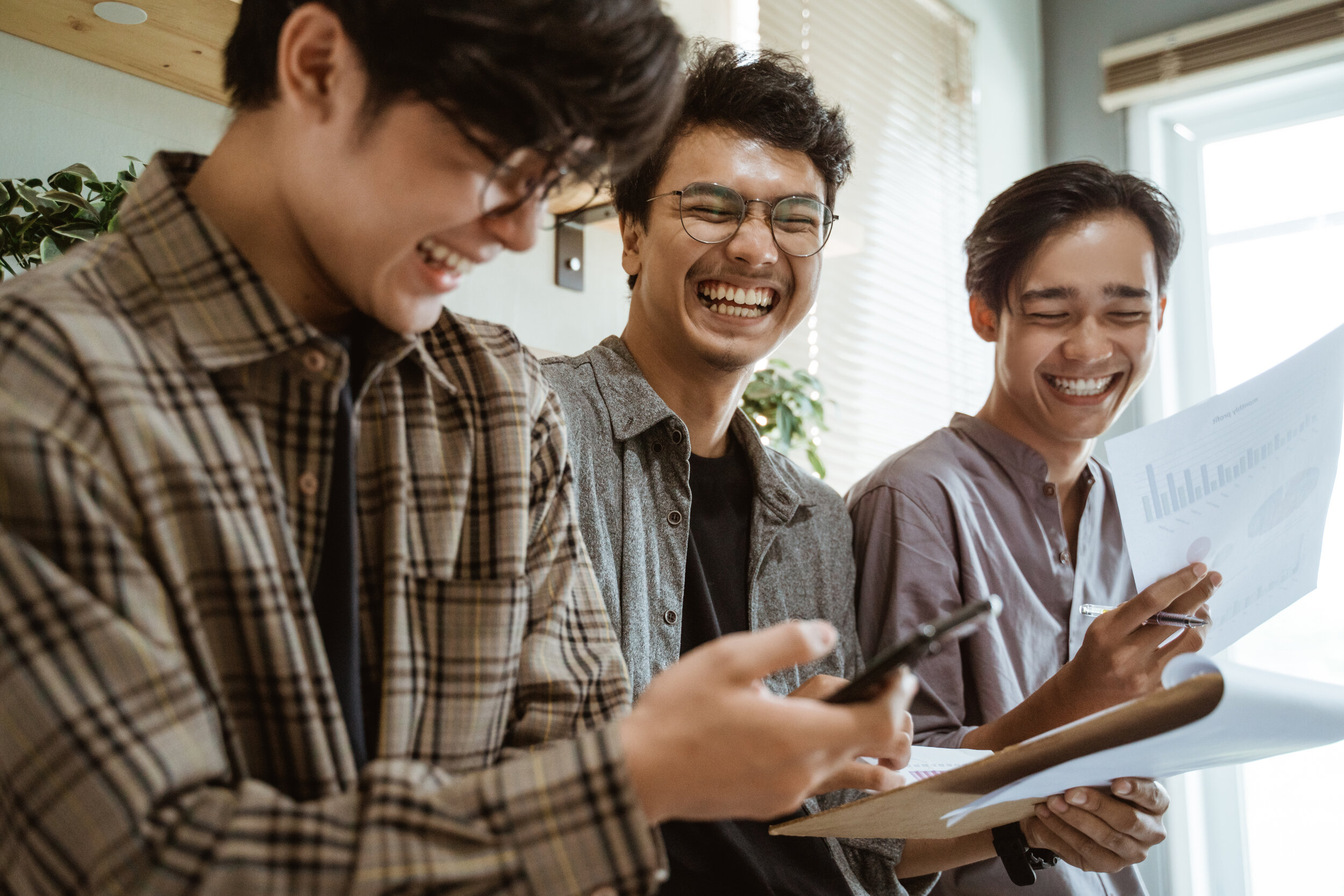PEERS® Offers a Gateway to Human Connection and Lasting Healthy Relationships
By: Annie Gillis, PEERS® Facilitator
Although we all may have different levels of comfort and a desire to be around people (our preferred place on the introversion/extroversion spectrum), ALL humans are inherently social beings. Scientists have long demonstrated that humans are in fact wired to benefit from close interpersonal connections.
For better or for worse, friend relationships (or lack thereof) have a direct impact on our happiness.
Forging new friendships and strengthening old ones is not easy, so redpoint Seattle has been giving clients the tools, tips, and coaching they need to reach their social goals.
Using the PEERS® method, an evidence-based social skills intervention, our clients learn:
The characteristics and types of friendships
Conversation skills
Appropriate use of humor
Electronic communication do’s and don’ts
Dating skills
How to handle disagreements and resolve conflict
How to set and maintain healthy boundaries
As a preview of what we cover in this 14 week, in-person group, we have outlined some tips that transcend the old narrative of “just put yourself out there!”
1. Assess your current relationships
As we move through life, countless things are out of our control (the family we were born into, whether or not the morning bus comes on time, etc.) however, we can choose who our friends are! As a young adult, you are no longer tied to the confines of your school or the block you live on, to determine who your friends may be. You can be intentional with the people you surround yourself with in new ways.
When first embarking on the journey of building new friendships, we first encourage our clients to take inventory of the current relationships that they have in their lives. Taking inventory by asking questions like: Do you have close friends or casual friends? How can you tell? Are there people you’d like to invest more time and energy into? Less? Do they all have characteristics of a good friend? This assessment will inform how you engage (or don’t!) with the people in your life moving forward.
2. Ensure Quality over Quantity
We live in a culture that often values “the more the merrier”. This can be seen in the age of social media where value is based upon how many “friends” you have and how many likes each post or comment you make receives. When it comes to meaningful friendships, more does not always mean better. In fact, having a couple of close friends who are protective of your mental and physical health can be more valuable than having hundreds of online friends. Studies have shown that having 1 or 2 close friends can…
Buffer the impact of stressful life events
Improve self-esteem
Decrease depression and anxiety
Increase feelings of belonging and independence
3. Identify Communities
Some clients come to redpoint already having one or two close friendships and want to develop some new ones. Others have a goal to forge 1 or 2 truly close, reciprocal, and meaningful friendships. This can be an intimidating process and it’s often hard to identify where to begin! No matter the circumstances, we encourage our clients to identify communities based upon genuine interests that they can invest time into nurturing.
Communities can go beyond where you live, work, and go to school by zeroing in on individual hobbies and interests. Do you play soccer? Like marine animals? Video games? Shared interests are often the foundation of friendships. Identifying communities based upon your interests can be a great source for finding new friends.
4. Focus on Consistency
Building friendships is a process that takes time. In fact, a recent study* found that it takes:
50 hours of interaction before someone considers you a casual friend
90 hours before you become regular friends
200 hours before you become close friends “How many hours does it take to make a friend?” - Jeffrey A. Hall, 2019 (sagepub.com)
It’s natural to want to be “best friends forever” the moment you meet someone with such potential. To avoid frustration with this process, we encourage our clients to focus on the consistency of attending groups and spending time with new people to ease some of this pressure. By focusing on enjoying the process rather than rushing to the end product, clients can steadily lay the foundation of lasting friendships without getting worn out.
We recommend that our clients attend/coordinate at least one outing per week as they begin investing time in new people/friendships.
5. Assess your social skills
Social skills are the very foundation of how we engage with others, but often, these skills are never explicitly taught! When engaging in new social groups or hang outs, it is imperative to use effective social skills in order to be successful. Through our work with our clients over the years, we have compiled some of our most impactful tips/hacks to support you when attending new social groups or hangouts with potential friends:
Have a set of conversation topics ready before entering a social setting (examples: weather, current events, tv shows, etc.)
Lean into topics that you know a little or a lot about or show genuine interest in learning more about topics you know nothing about
Ask open-ended questions to maintain quality conversations
Try to spend more time listening than talking
Avoid oversharing personal information
Show interest by nodding, asking follow-up questions, etc.
Building and maintaining a positive network of friendships is an empowering process that enables our clients to feel more independent, confident, and optimistic about finding success in all areas of their lives.
To find out more about redpoint Seattle’s PEERS® group, please visit our website’s event page and sign up now!

